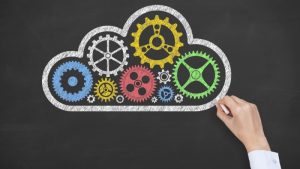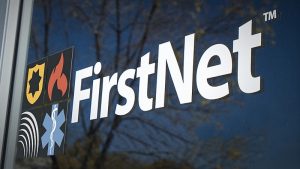California Gov. Gavin Newsom and state Senate and Assembly leaders have reached an agreement that backs a proposed $5.25 billion plan to expand the state’s broadband fiber infrastructure and increase internet connectivity for all Californians.
In a move to help increase law enforcement accountability, the Department of Justice (DoJ) announced that the Bureau of Justice Assistance (BJA) is releasing $7.65 million in a competitive microgrant grant solicitation that will fund body-worn cameras (BWCs) to any law enforcement department with 50 or fewer full-time sworn personnel, rural agencies, and Federally-recognized Tribal agencies.
Texas A&M University-San Antonio and the San Antonio Independent School District (SAISD) are piloting a new technology and digital literacy initiative.
In a move to improve the city’s transparency, Los Angeles City (L.A.) Controller Ron Galperin has released Inside L.A. City Finance, a new online dashboard that tracks the city’s financial information in real time.
Customer experience has been front of mind for local governments that leverage technology to build workflows that can make governments more efficient, and Florida’s Miami-Dade County has been redesigning processes with the customers in mind by advancing projects through difficult circumstances.
Ransomware attacks are a growing threat to critical infrastructure across the nation as vital facilities connect more and more operational control and systems to the internet. Therefore, improved visibility across an organization’s IT infrastructure is critical in addressing today’s cyber risks.
A wide-ranging executive order released by the Biden administration on June 9 is seeking to revive an Obama-era push for more public disclosure of broadband service performance and contract terms – an effort that fell by the wayside during the Trump administration.
The Department of Education’s Institute of Education Sciences is dedicating $10 million in Federal funding for the creation of a research center that aims to address inequities in higher education online learning.
The Virginia Information Technologies Agency (VITA) said July 8 it has created, along with its partner UiPath, the first-ever public-sector offering for robotic process automation (RPA).
Penn State University Police and Public Safety (UPPS) announced that it has adopted the First Responder Network Authority (FirstNet), a dedicated nationwide broadband network for public safety organizations.












